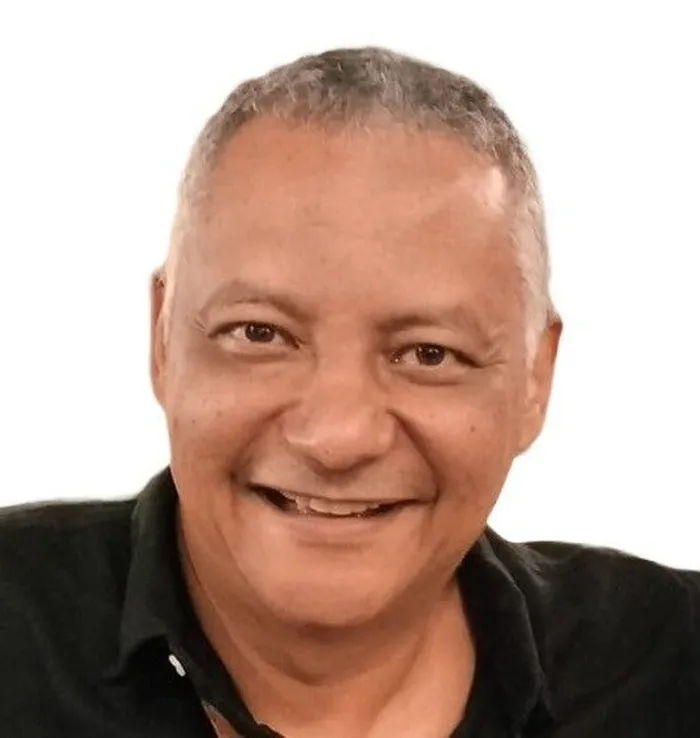Green Shoots: Reflections on the National Dialogue

Ashley Green-Thompson runs an organisation that supports social justice action.
Image: Supplied
The First Convention of the National Dialogue is happening amid some controversy.
There are political parties from left and right of the spectrum who have declared they will boycott the entire thing, for quite different reasons.
The legacy foundations of the Tutus, Sisulus, Biko and others will boycott the First Convention that is happening as I write this, but not the entire dialogue process.
They say there has not been enough time to prepare, and I sympathise with that. But there has been a litany of negative reactions to the president's announcement of the dialogue.
Many have argued that we know what’s wrong with South Africa and don’t need a national dialogue about crime, corruption, unemployment, poor public service, and all the other things that are betrayals of the promise of liberation. It will just be a talk shop that will distract us from making the tough decisions that are needed to fix our problems.
And it’s a waste of money. A very telling critique from some quarters is that it will be an elite-driven process, essentially a conversation whose agenda and execution are determined by people with political and economic power.
There is precious little representation of marginalised groups in the eminent persons group established to promote the dialogue, so perhaps that hasn’t helped with this particular criticism.
I don’t think it is a bad thing to rally the country through creating opportunities for conversations. We are not particularly good at listening to each other.
You just have to navigate Joburg rush hour traffic, or try to have a conversation about immigration, or people’s sexuality.
Nuance is not a strong point for the contemporary South African. If designed properly, a national dialogue will allow space for those whose voices are excluded from the public narrative to be heard.
Too often, political parties and NGOs take on themselves the role of representing the concerns of people at the margins.
They do very little to create opportunities where those people can speak for themselves, something that can be so liberating and empowering. If I am heard, I am far more likely to become an agent of my own development and emancipation.
The great Brazilian educator and philosopher Paolo Freire told us that true liberation comes from the oppressed taking agency and actively participating in the transformation of society.
By enabling community voices to be heard, and amplifying those voices, we also provide a counterpoint to the dominant narratives in society that are shaped by the vested interests of the privileged and the powerful.
The country will be less likely to be misled by the narrow-minded type of populism that pits poor people against other poor people while the privileged escape critique. Local communities survive through networks of collaboration and compassion that we don’t see reflected in much of the national narrative. Perhaps engaging in a thoughtful dialogue will allow those positive elements to be seen, heard and amplified.
Even as we start planning for this dialogue, we must guard against being performative, where we simply create the impression of having conversations. As much as there will be processes aimed at reaching as many people as possible, let us not make those numbers the objective.
Instead, let's focus on facilitating deep engagement with each other on the issues affecting us all. These critical engagements will do more to build cohesion than any of the feel-good moments so often provided by our sports men and women.
If we build a culture and practice of critically and constructively conversing with each other, we make space for people to organise and coalesce for action to change society. If we get this right, it will strengthen the resolve and build the ability of people living in South Africa to hold duty-bearers – our politicians, faith and business leaders, community leaders, and civil servants – accountable to do their jobs.
*Green-Thompson runs an organisation that supports social justice action.
Related Topics: